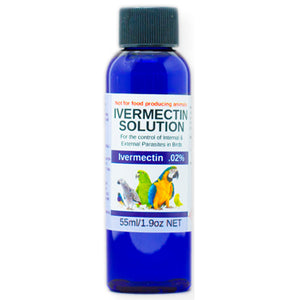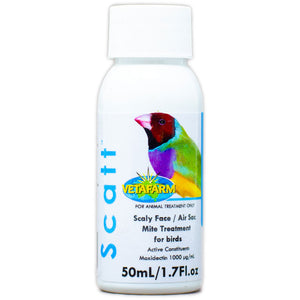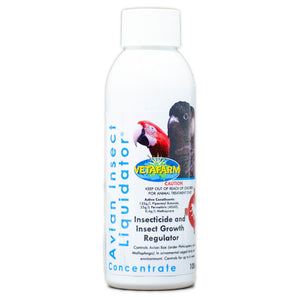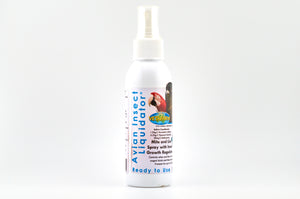Gout and Kidney Disease
Health Articles / Gout and Kidney Disease
This is an article we wrote for the Brotogeris Society International because there is some concern about high protein diets causing kidney problems in this group of American parakeets. It is however equally relevant to any species or individual where protein, gout or kidney problems are an issue:
It has been reported that kidney problems and gout are common in Brotogeris parakeets. This has led to a view that high protein diets are dangerous for these birds. To understand this better we need a little knowledge of three issues:
* Is kidney damaged caused by high protein or is an intolerance to high protein a symptom of kidney disease?
* What do we mean by "high protein"?
* Is some protein safer than others?
Lets take them one by one.
1. The job of the kidneys is to remove toxic waste materials from the body. The kidney tissue can be damaged by infections. It can also be killed by hard work! In other words, if the levels of toxic materials are very high, the kidney may be damaged. When protein is broken down in the body the kidneys have to remove the waste material. In birds the most obvious of these is the white "uric acid" portion of the droppings. Other waste is in the liquid urine which is also produced by the kidneys.
So, if the protein level in the diet is very high the kidneys may be damaged by overwork. When the kidneys cannot remove all the uric acid the body also removes them from the blood by depositing them as crystals. When the are deposited in the joints they cause the painful symptoms of gout. At necropsy they are often seen as white crystals all over the internal organs. This is called visceral gout.
2. Unfortunately "high protein" is rather difficult to define. You will find the percentage protein listed on most bird foods. You may think this is a good guide but it is actually very misleading. What really matters is the ratio between protein and energy in the diet. Your bird (just like you) needs a combination of both. It will eat enough food to ensure it has enough of both of these key nutrients. If the balance of the diet is tipped towards too much energy the bird eats enough food to satisfy its protein requirement. It eats too much energy and the excess energy is turned into fat. This is a common situation for many birds (and humans!!!).
In fact many bird diets are severely energy dense (particularly those with lots of sunflower seed and nuts). This can lead to protein deficiency as well as obesity. Birds like this moult slowly and have poor feather quality as well as suffering from many other chronic problems. These foods are energy dense because of the huge amounts of energy in fats and oils. So determining whether the food is "high protein" requires a full knowledge of the fat, carbohydrate and protein content, the energy levels of each component and some sums!
When the protein level is too high the bird eats too much protein just to get enough energy. This may lead to the kidney damage and gout we have already discussed.
3. But even the protein energy ratio is potentially misleading because there are different qualities of protein. Basically protein sourced from plants (seeds, nuts, fruits, vegetables etc) is far poorer in quality than animal proteins (dairy, eggs, meat, insects). The best way to understand this is to read the article "Not all protein is the same"
You may ask why we need to balance plant protein in captive birds while wild birds get no such extras? The reason is simple. Wild birds get far more exercise so need a different protein to energy ratio in their to our pet birds or breeding stock. Studying what wild birds eat provides us with useful information but must be interpreted and modified for captivity!
Back to Brotogeris
I don't know whether Brotogeris parakeets need particularly low protein diets. What I do know is that they will be much safer eating balanced protein. So the limiting amino acids in Daily Essentials3 will help enormously. As will the vitamins and Rapisorb minerals they contain. For most of you we would recommend Daily Essentials 3 and CalciBoost (for extra bio-available calcium) as the basic supplement package for diets based on seeds, fruits, nuts, peas etc. For breeding we add a few more goodies - but that is a different story!




